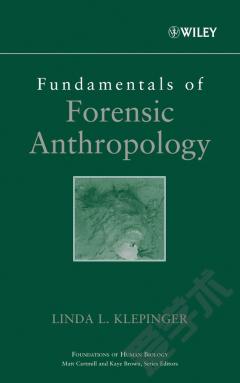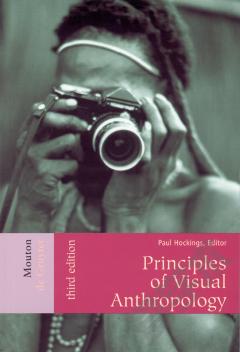Fundamentals of Forensic Anthropology
An essential foundation for the practice of forensic anthropology This text is the first of its level written in more than twenty years. It serves as a summary and guide to the core material that needs to be mastered and evaluated for the practice of forensic anthropology. The text is divided into three parts that collectively provide a solid base in theory and methodology: Part One, "Background Setting for Forensic Anthropology," introduces the field and discusses the role of forensic anthropology in historic context. Part Two, "Towards Personal Identification," discusses initial assessments of skeletal remains; determining sex, age, ancestral background, and stature; and skeletal markers of activity and life history. Part Three, "Principal Anthropological Roles in Medical-Legal Investigation," examines trauma; the postmortem period; professionalism, ethics, and the expert witness; and genetics and DNA. The critical and evaluative approach to the primary literature stresses the inherent biological constraints on degrees of precision and certainty, and cautions about potential pitfalls. The practical focus, coupled with theoretical basics, make Fundamentals of Forensic Anthropology ideal for upper-level undergraduates and graduate students in biological anthropology as well as forensic scientists in allied fields of medical-legal investigation.
{{comment.content}}








 京公网安备 11010802027623号
京公网安备 11010802027623号